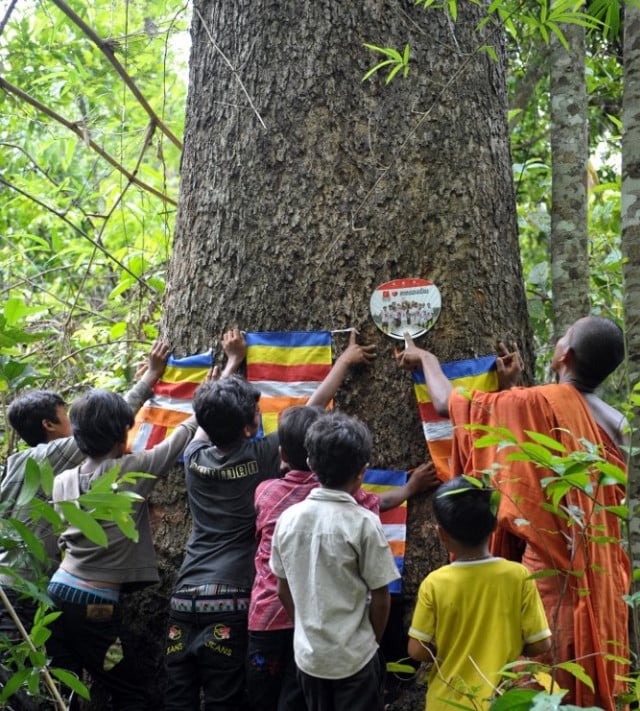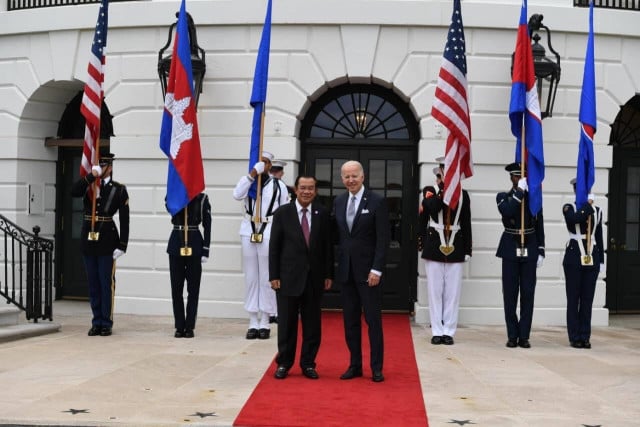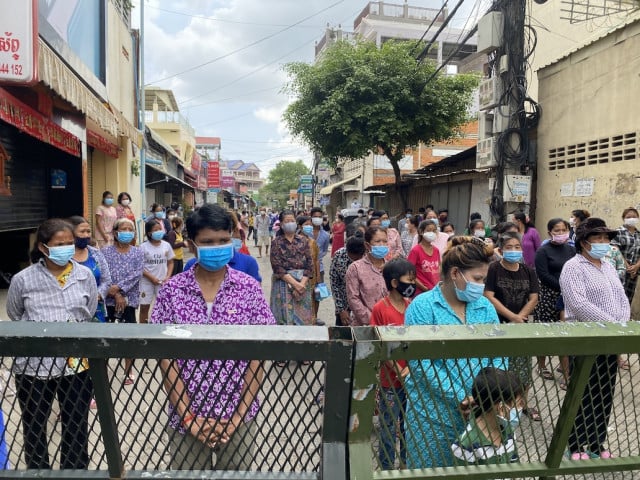Opinion: Cambodia Needs More Active Environmental Youth Engagement

- By Sao Phal Niseiy
- June 3, 2021 4:00 PM
Environmental activism and engagement everywhere are facing mounting challenges with shrinking civic space and increasing restrictions driven by the rise of authoritarianism.
Many activists and environmentally concerned citizens face increasing threats and some have been arrested for using their rights and duties to protect nature and natural resources.
Many others have been blamed and labeled as destroyers and obstructors of development as they seek to hold those pursuing reckless development accountable and ensure that the environment and natural resources remain intact.
As a developing country, Cambodia has not been immune from this trend. So far, environmental activism has still been confined within certain boundaries while some activists and some environmentally concerned citizens have faced threats, assaults or arrests.
One of the most prominent examples is the arrest and jailing of members of the environmental group Mother Nature Cambodia for planned protests against the filling of Boeung Tamok Lake in Phnom Penh as they were concerned that the filling would not only destroy the natural habitats but also cause flooding in the city during the rainy season. Five of them were sentenced to prison on May 5 by the Phnom Penh Municipal Court.
These actions discourage people from expressing their opinions freely and meaningfully. This prevents them from developing as more active and environmentally responsible citizens.
In our country, it has been common for young people not to talk much about environmental issues in the same way we discuss other things. It seems the topic is more of a taboo like politics. We see many young people’s concern on environmental wellbeing but the wider discussion and frequent expression of their thoughts remain inadequate given that they have a vital role in the conservation and protection of the environment.
More dynamic and wider environmental conversations are needed
It is easy to understand our fear that raising our voices and concerns will invite unfavorable and troubling challenges. Many of us still feel insecure about speaking about our thoughts due to a variety of problems ranging from shrinking civic space to threats from authorities.
But the longer people remain silent, the more difficulties we are going to face when addressing fast-growing environmental challenges.
For a developing world such as Cambodia where environmental wellbeing tends to be placed second after economic development, open discussion, sharing thoughts and encouraging youth engagement in the environmental promotion will be critical.
It is crucial that we all can discuss and acknowledge activities damaging our environment without letting them go unabated. The problems facing our country include illegal logging, detrimental development activities, unsustainable energy investment and plastic pollution.
Sharing thoughts can be done in many ways, be it an informal sharing session or group discussion or by storytelling. All these can let people understand the value and the importance of nature and the environment.
These kinds of action will surely work to pressure those in power to strictly uphold their responsibility and duties in protecting and preserving the environment and natural resources. Moreover, young people will also learn to avoid activities that harm Planet Earth and our immediate environment.
Growing momentum in environmental participation and conversations among youth groups eventually allow environmental protection and conservation to be more inclusive and embolden mindsets and behavioral change.
As we celebrate Environment Days on June 5, I want to see people’s greater involvement in such activities as well as robust cultivation of environmentally responsible citizens and a stepping up of efforts to work together to build a sustainable future.
I also want to emphasize that people don’t need to be an environmental activist to speak for the environment or need to be an environmentalist to pursue a behavioral change and step up actions in environmental protection and conservation.
Cambodia has started to see growing environmental consciousness. Many people have launched environmental projects as well as awareness-raising campaigns. These include promoting activities that can inspire people to love nature such as trekking, hiking and forest camping. This is a good trend because affection for nature and more involvement can only begin when people are able to immerse themselves deeply in the subject.
Youths need more support from the government
It is undeniable that the government alone won’t be able to carry out effective environmental conservation. This clearly indicates that a greater contribution and participation from other stakeholders are required. The presence of youth groups will surely be a strong boost to ensure the successful governance of natural resources.
With this being said, youths really need support from the government for their efforts and determination, not restriction, arrest or detentions. As long as the government can’t do the job alone, it should value the work and pave the way for them to play their part in more sustainable and proper ways.
Fear of speaking up about environmental justice and arrests for taking part in environmental activism must end if the government genuinely wants to promote environmental awareness and seeks cooperation on protection while seeking to pursue sustainable as well as inclusive development.
Let’s take action and make our voice heard if we consider environmental wellness as an indispensable part of our future’s green and inclusive growth.















